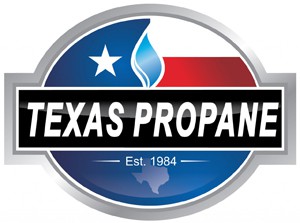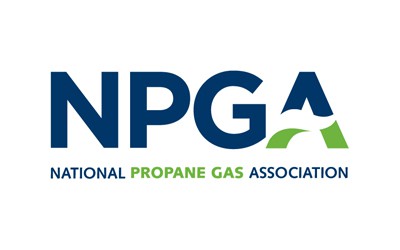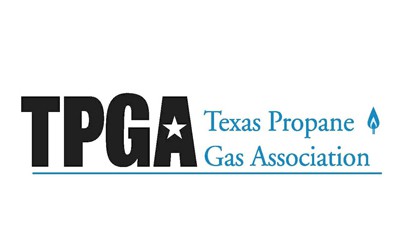
Virtually anything in your house, restaurant or building that can run on electricity can run on propane. However, a propane-fueled home is less costly to operate than an electric home. The costs of electricity and propane can be compared using the BTU (British Thermal Unit), which measures the heating value of each fuel. National fuel prices from the U.S. Department of Energy show that the cost of electricity is more than twice the cost of propane.
- Propane is cheaper than electric: According to the U.S. Department of Energy, heating a home in the U.S. with propane in recent years has cost far less than heating with electricity. In addition, over time, propane water heaters can cost one-third less to operate and recover water twice as quickly as electric water heaters.
- Propane is warmer than electric: A propane gas furnace heats air to about 130°F to 140°F and operates in short intervals to minimize operating costs. An electric heat pump produces heat below body temperature (98.6°F), so the air actually feels cool when placing your hand in front of a vent.
- Propane furnaces last longer than electric heat pumps: Propane-fueled furnaces last 5 to 10 years longer than electric heat pumps, on average.
- Propane is more dependable than electric: Propane can be stored safely in a tank on your property, while electricity is subject to power outages. Reliable propane works when and where other energy sources don’t – which makes it quite versatile.
- Propane is clean: Propane has long been recognized as the “green” energy. By using this exceptional energy, homeowners can help cut emissions and protect the environment. Propane is an approved alternative fuel listed in both the Clean Air Act of 1990 and the National Energy Policy Act of 1992. Moreover, because it is released as a gas, propane doesn’t spill, pool, or leave a residue.
- Propane is safe: Propane has quite a remarkable safety record, due in large part to the stringent codes and regulations developed by the propane industry and the National Fire Protection Association (NFPA). Propane also has built-in safety properties: It won’t ignite when combined with air unless the source of ignition reaches 940°F. Propane gas is nontoxic and produces minimal emissions, and is not harmful to soil or water. With propane, what you see is what you get. While electricity is measured in hard-to-understand “kilowatt hours,” propane is measured in familiar “gallons.”







